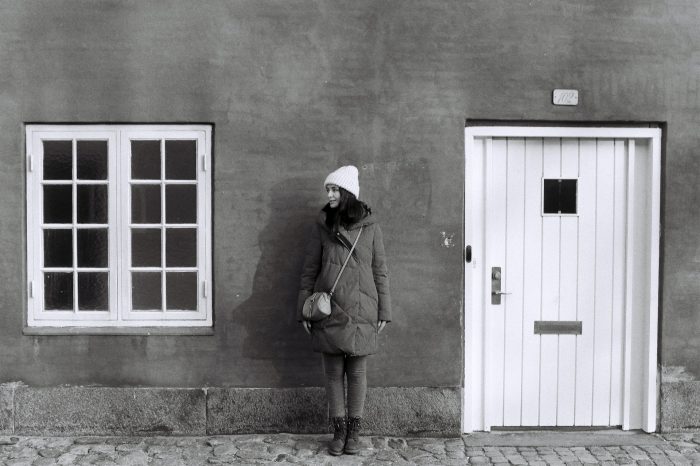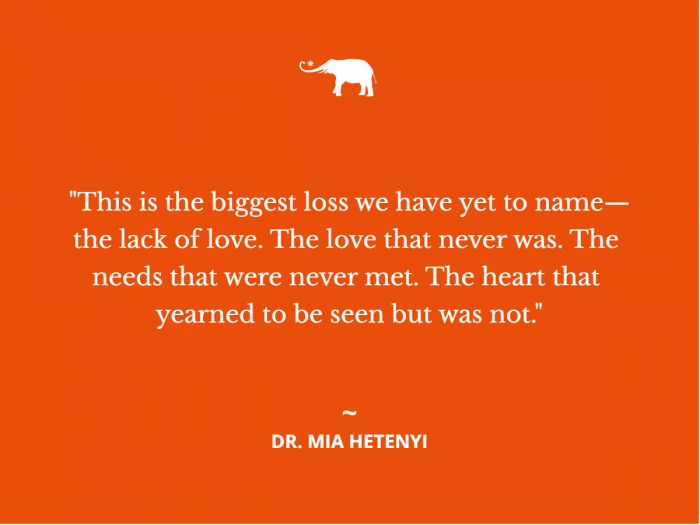There are losses we carry in our nervous systems that we do not know how to name.
Yet, they whisper to us through our longing, prayers, and even the ways we get caught in loops we can’t understand how to break free of.
They repeat themselves over time, revisiting this place we haven’t been taught about, and worse yet, it is spiritualized into an illusion we dissociate from.
It’s an ache deep in the center of our hearts that carries a feeling of being wrong or wronged, unworthy, scared, or disconnected from all that is good in prosperity, health, love, pleasure, belonging, and, ultimately, the freedom of our liberation.
These kinds of losses live beneath what we call negative beliefs, though it is often not the belief that is the issue—because the belief arose as a response to this loss that we cannot name.
We cannot name it because we aren’t trained to see it as a loss but as a failing on our part. We are trained to “work on ourselves” until we hit the magic formula, whatever that is for us. If we can’t find it, we aren’t working hard enough.
We are trained to turn a blind eye to some truths in our society, family, or social cultures, to sign unconscious contracts to stay in codependency with unconscious belief systems born out of a lack of love.
This is the biggest loss we have yet to name—the lack of love.
The love that never was.
The needs that were never met.
The heart that yearned to be seen but was not.
The body that ached to be respected but was not.
The soul that called some genius forward that was rejected.
Our unique way of seeing that made others uncomfortable, so we turned away from our inner eye.
The pain of others that was never loved, which transferred into our hearts.
The trauma that taught us it wasn’t okay to feel happiness or joy or pleasure without a cost.
The innocence of our aliveness that was shut down because that is what is expected.
Our society is generally deeply disconnected from love, from the celebration of our true humanity. It is not driven by soul but by a constantly moving bottom line.
We develop inside a consciousness that trains us that “not love” is love, so when we don’t trust love, we embark on shadow work when really, it is “not love” we don’t trust, and love, we don’t know how to open into a relationship with.
It seems easier for us to embark on an endless shadow excavation to figure out what is “wrong” with us, to alter our beliefs, or find new strategies in order to gain what we long for, than to acknowledge that what we needed when we were developing was love. And that it is this love that we are truly longing for.
There is a grief in our longing for love, a grief for what never was that we must turn to with our own presence, love, and forgiveness.
This gives us the resilience, the capacity to look into the eyes of the intergenerational transmission of “not love,” to forgive “not love,” and claim our birthright to change this nervous system patterning our body continues to live out.
Not only for ourselves, but for where we came from, what comes forth from us, and who we are meant to be.
Grieving that we weren’t loved the way we needed, for what never was, frees us from the loops of lovelessness.
It helps us return to a loving relationship with ourselves, where we no longer act out what was internalized toward us.
An intelligence wakes up inside of us that carries us safely to the shores of loving-kindness to the totality of all we are.
Grieving releases self-blame and replaces it with an honoring of self, of what was lived and survived, what really happened.
Grief is love; it is loving to honor what never was in order to make space for love to flow into these broken-open spaces in our hearts.
Grief clears out the beliefs because beliefs are just our mind’s way of trying to make sense of the pain in a world that denies grief (love) and would rather have us turn on ourselves, and each other, than look at “not love” in the eye and say, “No more; I will learn how to love you, learn how to love here.”
We must forgive ourselves for not being loved.
For it is not our fault; those who are in pain, who were not loved themselves, could not love us.
In our grief, we let ourselves off the hook for what is not ours to carry.
Our hearts open to the world around us in a new way, and worthiness, flourishing, and natural, innate genius of aliveness take hold.
We remember we are a part of this larger ecosystem. That we belong. That God, Eros, the divine mother, always loves us, always forgives us, and we can always, always begin again.
More love.
Not less.
~


 Share on bsky
Share on bsky






Read 23 comments and reply